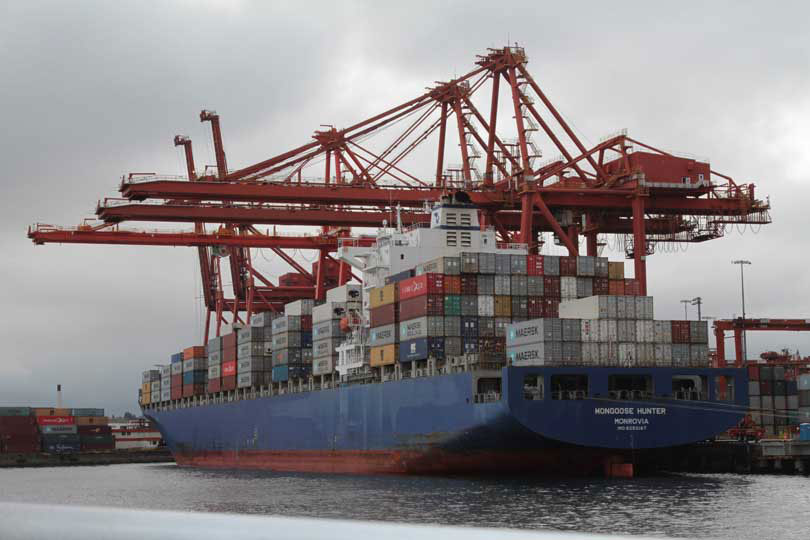Trade negotiations by the U.S. offer hope of improved export market access, according to the American Farm Bureau Federation (AFBF).
The recent agreement announced between the U.S. and Japan is different from the Trans-Pacific Partnership, and can quickly go into effect, benefiting farmers, according to AFBF Senior Congressional Relations Director Dave Salmonsen.
“This is a deal, not a full-blown trade agreement. There’s always work to go to fill in the details, and we’ll look forward to see exactly what comes out when we see what the final deal is,” Salmonsen said. “This does not require congressional action. The U.S. isn’t really doing anything that requires changes in our laws, so this can go forward once it’s signed and there is an effective date. That’s when it goes into action.
However, a new round of Chinese tariffs announced signals more trouble for agriculture. Salmonsen said that it is critical to continue negotiations.
“We don’t like adding more tariffs, that’s for sure, and this is put on top of tariffs we already have,” he said. “It just means it’s harder to get U.S. product into China, and it’s just more reason for them to look elsewhere. It’s not the direction we want to go. We want to see this be the subject of negotiations.”
Salmonsen said things are looking good for the U.S.-Mexico-Canada Agreement.
“I think the momentum is very good. Going into the recess there’s been a lot of contact out in the countryside, and I know the work has continued here in town for the relevant committees on the Hill to work out the issues,” Salmonsen said. “I think we feel very good that the support is there, and if we can work through these issues, we can get the implementing bill sent up to the Hill and get it to the floor and get a vote this fall.”

